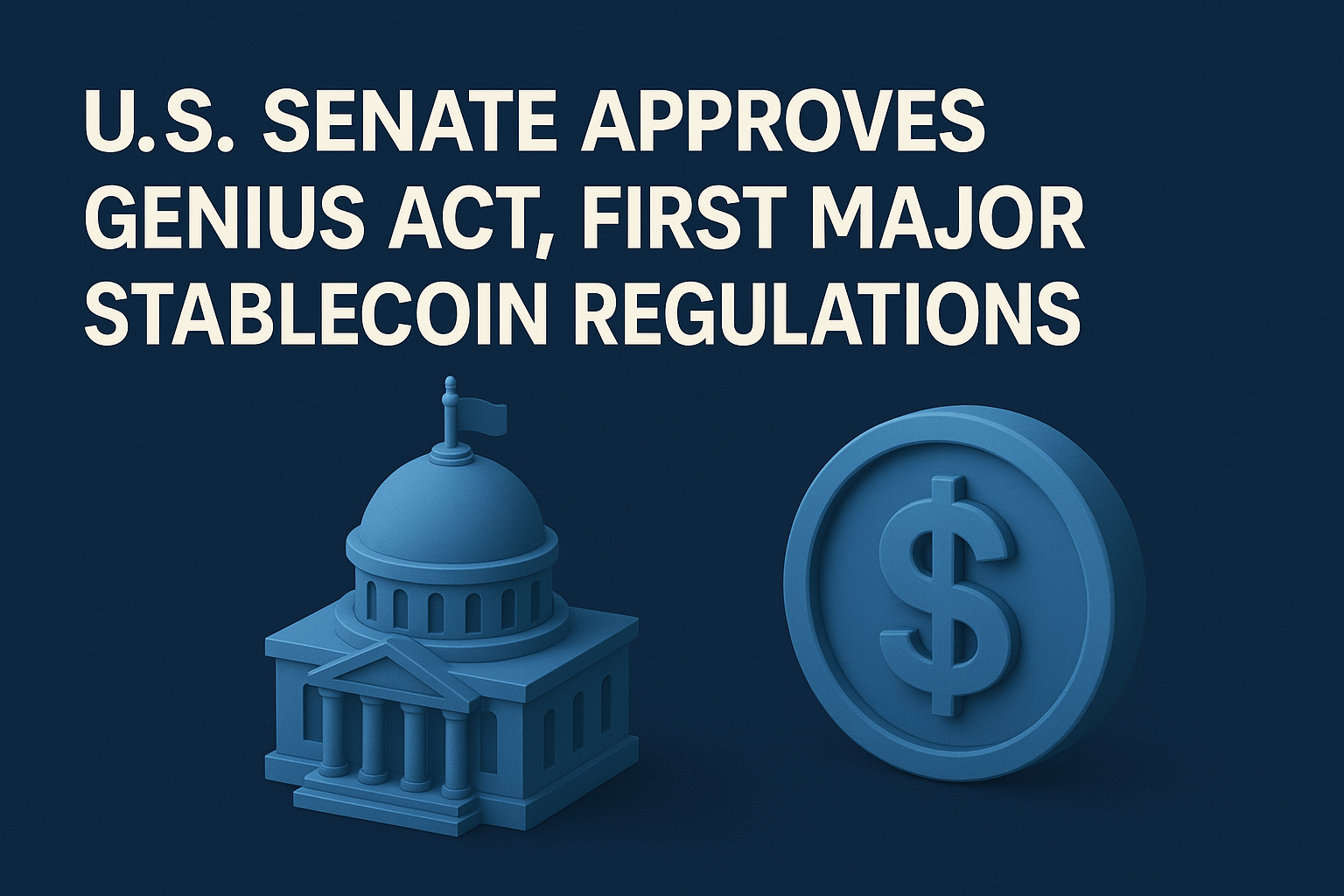New Hampshire has become the first U.S. state to authorize its treasury to invest in Bitcoin, opening the door for other states to adopt similar crypto reserve strategies. As interest rises nationwide, analysts say Texas, Utah, and North Carolina may be next in line.
New Hampshire Leads U.S. Bitcoin Reserve Movement
Governor Kelly Ayotte signed the landmark bill into law on May 6, authorizing New Hampshire to invest up to 5% of its public funds into digital assets with a market cap exceeding $500 billion—currently only Bitcoin qualifies.
“New Hampshire is once again first in the nation,” Ayotte declared on social media, marking the state’s leap into digital asset finance.
The law comes amid a broader push by former President Donald Trump to establish a national Strategic Bitcoin Reserve, a policy that envisions stockpiling BTC, including coins seized from criminal investigations.
States Line Up to Emulate New Hampshire
Texas appears closest to passing a similar bill, with legislation now at its final review stage. Lawmakers in North Carolina, Alabama, and Wyoming have also introduced crypto reserve bills, though progress has been mixed.
Arizona’s attempt to pass a similar bill was vetoed by Governor Katie Hobbs, who labeled Bitcoin too volatile. However, she later signed a scaled-back version, House Bill 2749, which allows unclaimed crypto assets to be held but not publicly invested.
Florida also withdrew two bills seeking to allocate public funds into BTC, joining several states like Montana and Alabama, where similar proposals have stalled in committee.
“Many states show interest, but the lack of technical readiness and political will delays progress,” said tech lawyer Yuriy Brisov.
Brisov added that smaller states like Utah or North Dakota might leapfrog larger counterparts, driven by political agility and fewer federal compliance constraints.
Bitcoin Reserve Legislation Gathers Momentum
According to data from Bitcoin Laws, a platform tracking crypto legislation, 47 Bitcoin-related bills have been introduced in 26 states. Of these, 37 are active and moving through various legislative phases.
State-level bills usually go through five steps—committee reviews, votes in each chamber, and approval or veto by the governor. Each phase can take months.
Currently, Texas’ reserve bill appears most likely to pass next, followed by ongoing discussions in Wyoming and North Carolina.
“Texas and North Carolina bills mirror NH’s framework,” said Terrence Yang of Swan Bitcoin. “Wyoming also has the legal foundation to act quickly.”
Practical Hurdles Remain for State Bitcoin Reserves
Despite legislative wins, implementation challenges remain. Custody of Bitcoin must meet high security standards, and volatility could pose budget risks.
“You can’t just buy Bitcoin with public funds and walk away,” said George Georgiades of Borderless.xyz. “You need governance, custody solutions, and a political consensus on its value.”
States must also navigate potential regulatory conflicts with the SEC and U.S. Treasury, which could reinterpret digital asset classifications at any time.
A Shift Toward Monetary Sovereignty?
Analysts say the trend toward state-level crypto reserves is less about returns and more about autonomy.
“It reflects a shift in how states view themselves—not just as spenders, but as stewards of value,” Brisov said. “It revives a very old debate: who gets to control money in America?”
With more states eyeing digital assets for their balance sheets, the next few months could reshape fiscal strategy at the state level—possibly defining a new era in crypto governance.










